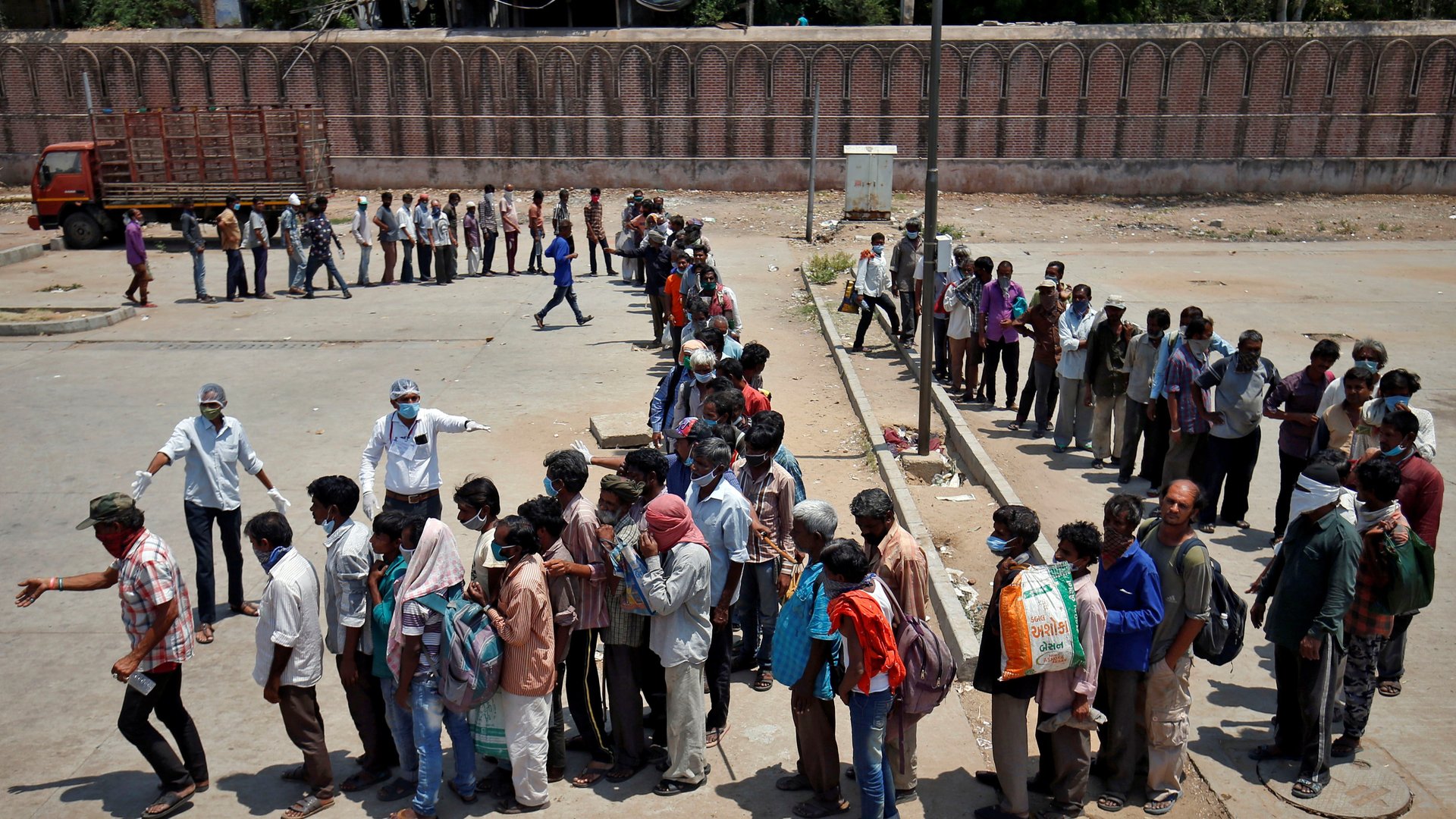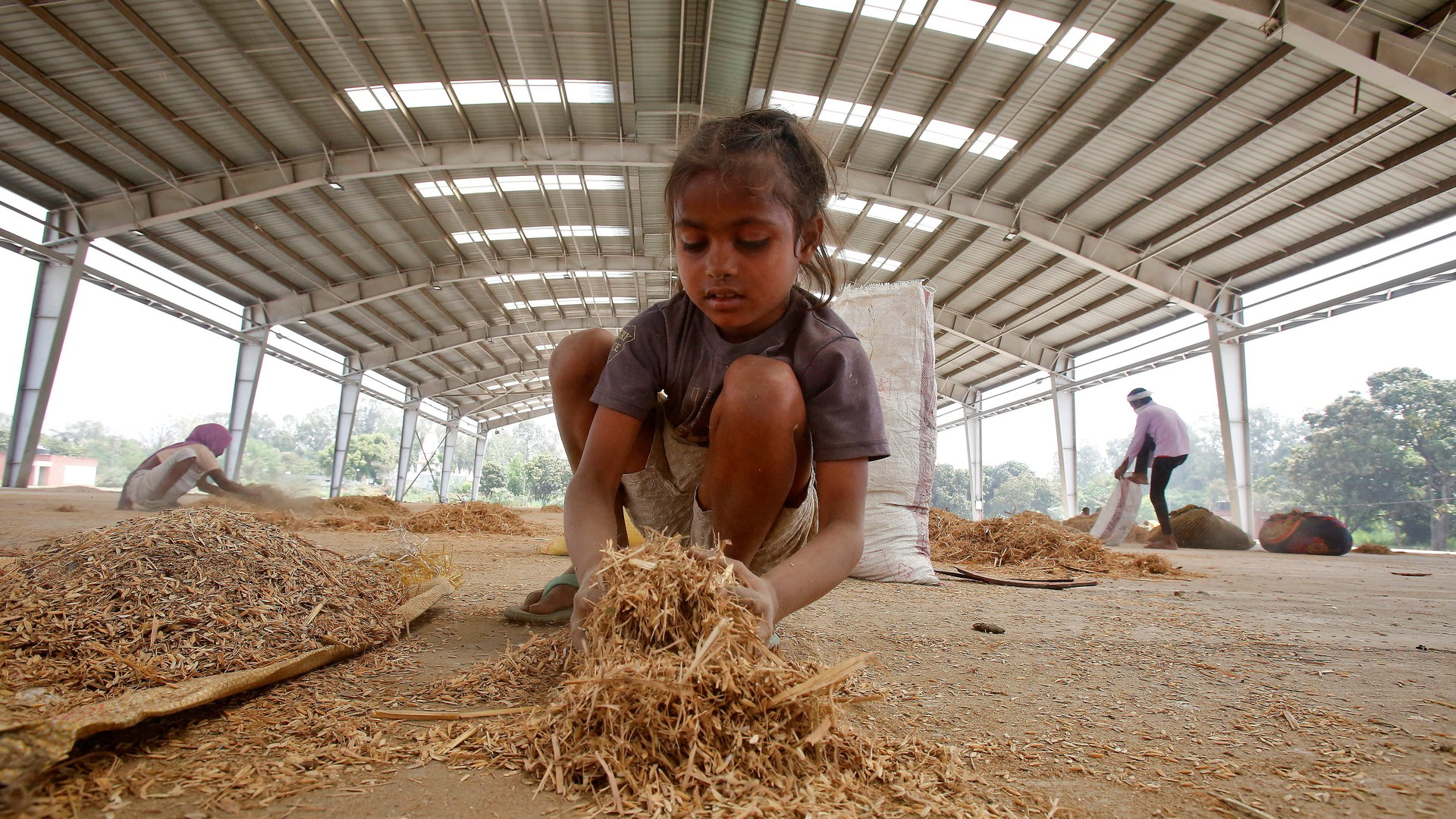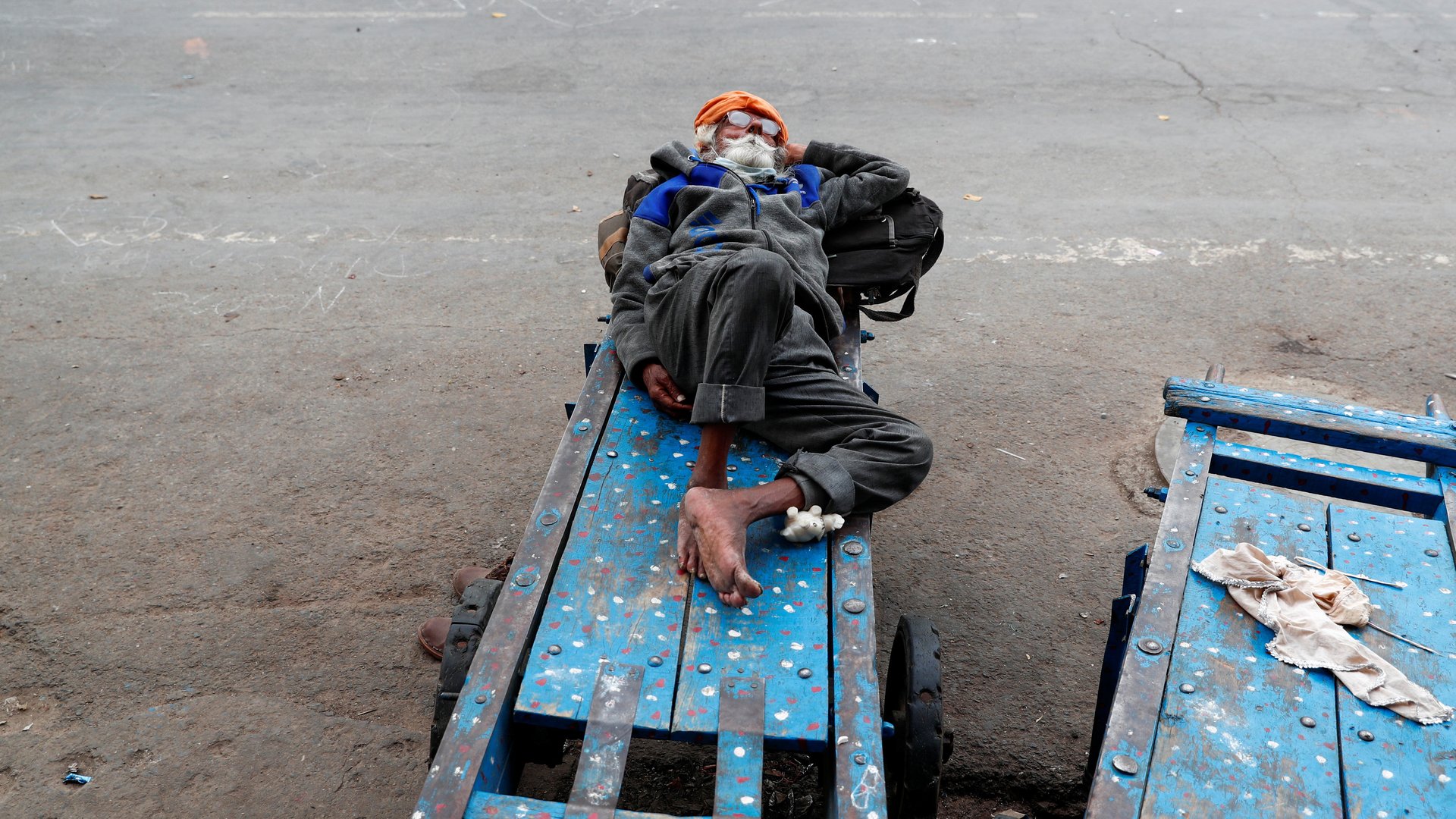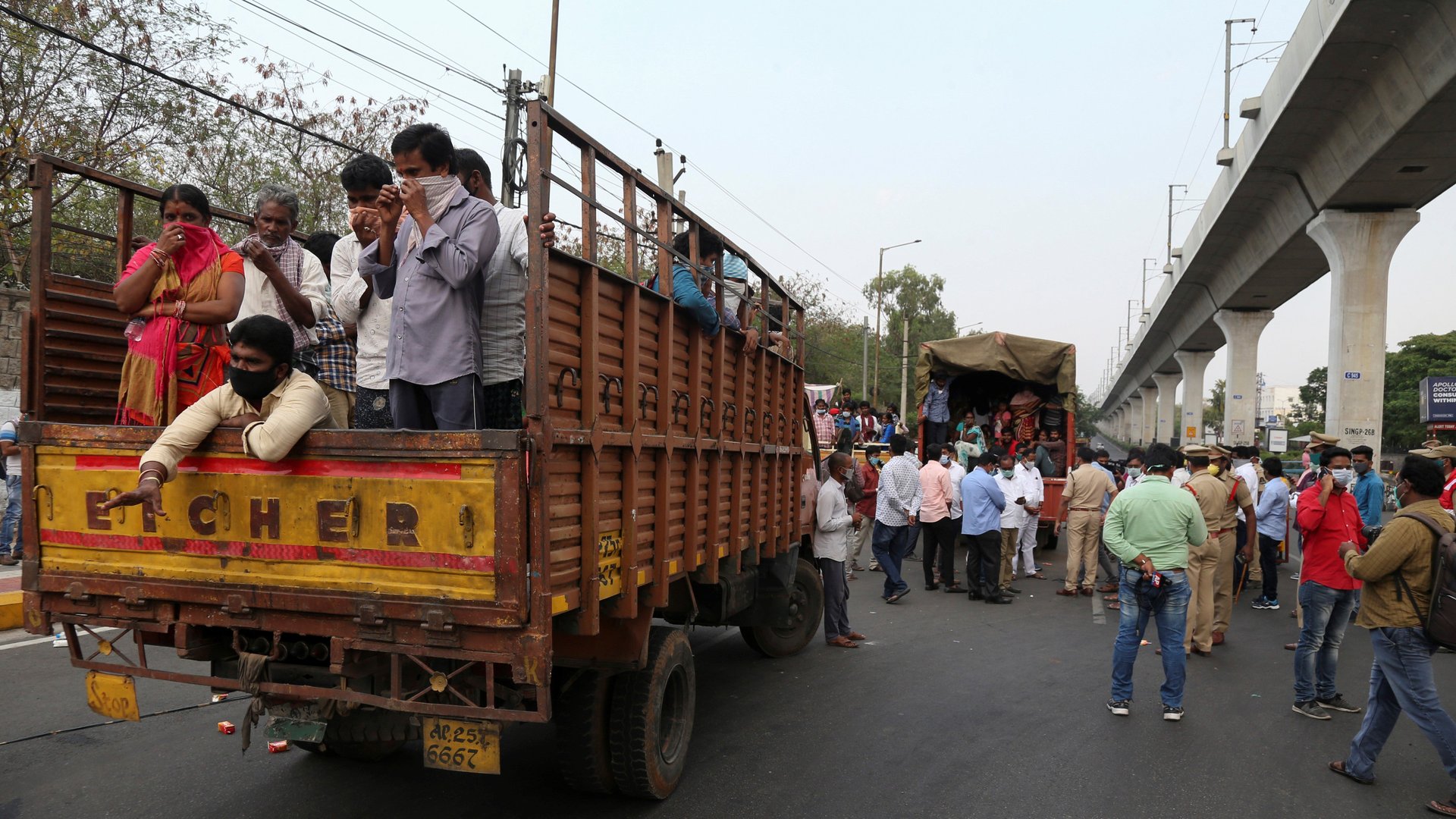In photos: The chaos in the lives of millions of poor Indians under a lockdown
There seems to be no end to Indian migrants’ woes.
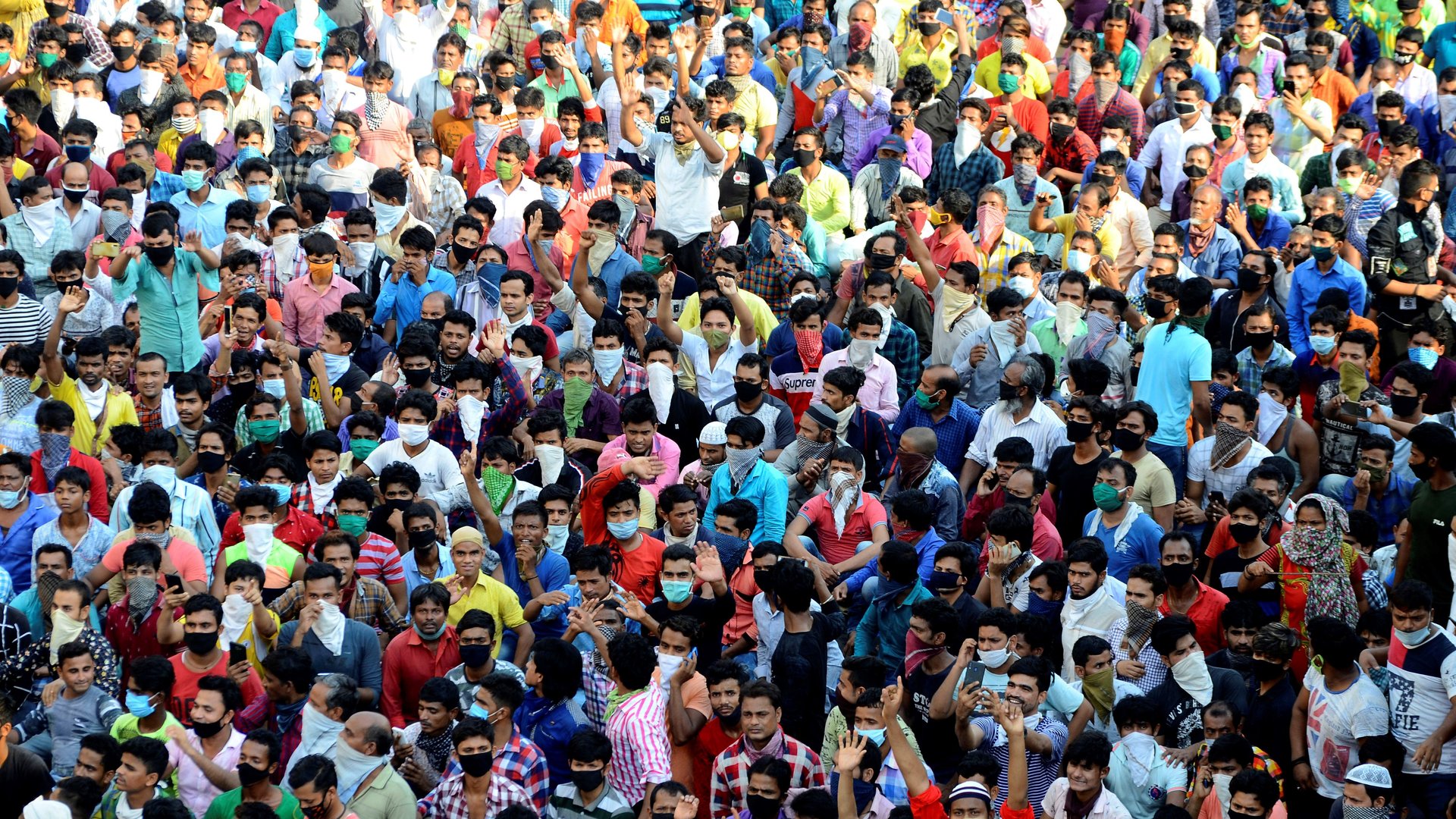

There seems to be no end to Indian migrants’ woes.
The extended nationwide lockdown to check the spread of coronavirus has meant that the country’s 470 million internal migrants remain trapped far away from their homes.
This uncertainty has only deepened the panic and chaos among them. India’s financial capital, Mumbai, saw thousands of migrants gather at a city train station on April 14, expecting the lockdown to end—but prime minister Narendra Modi extended it till May 3. In the city of Surat, Gujarat, hundreds of them resorted to protest a few days ago.
The central government has announced 5 kilograms of extra foodgrains and a kilogram of pulses free of cost for three months for every Indian enrolled in the public distribution system. However, the system itself may not cover all in the first place. Meanwhile, several state governments have set-up shelter homes for migrants.
Yet, it is far from easy for millions who are living in the open and often going hungry.
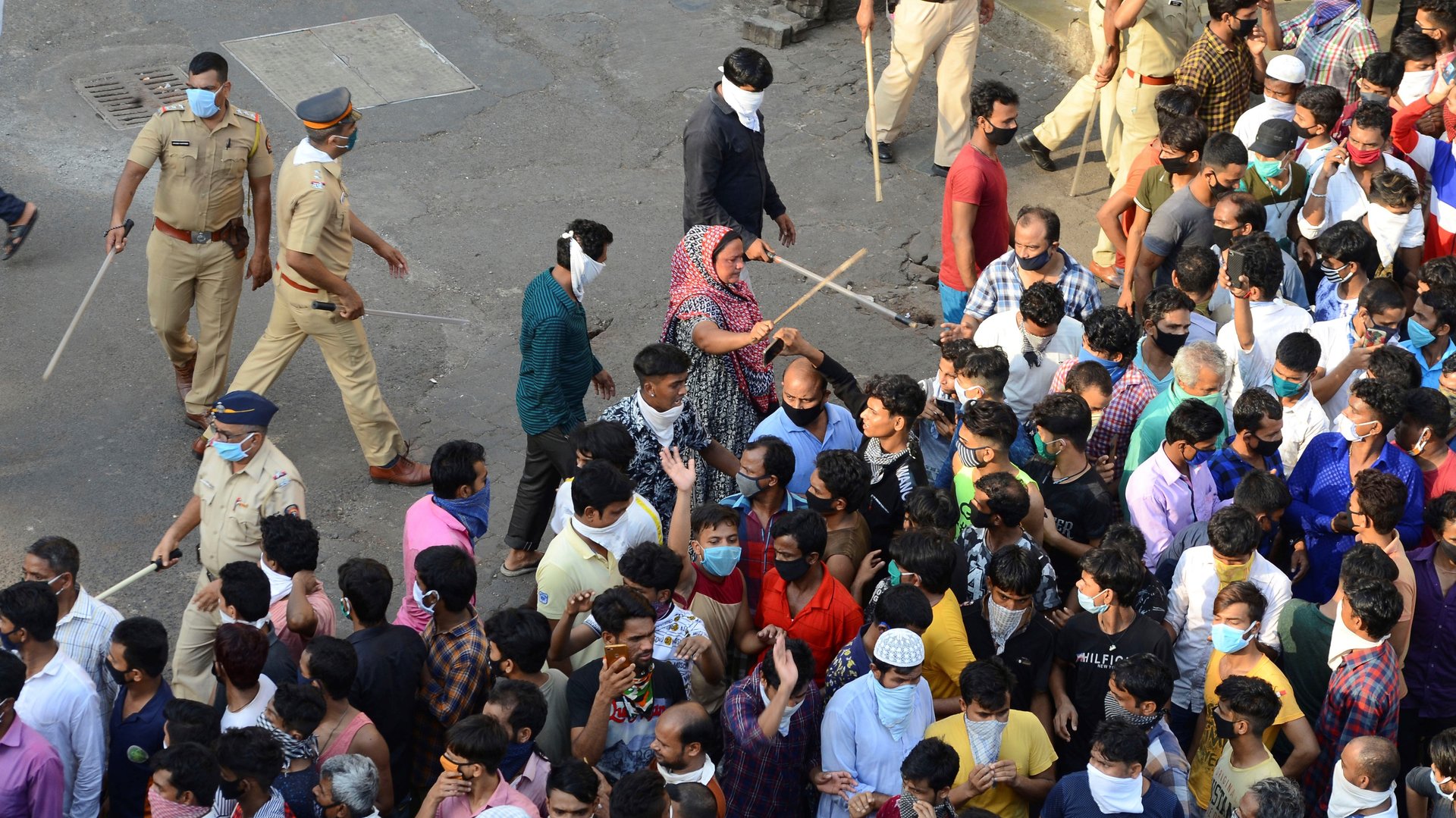
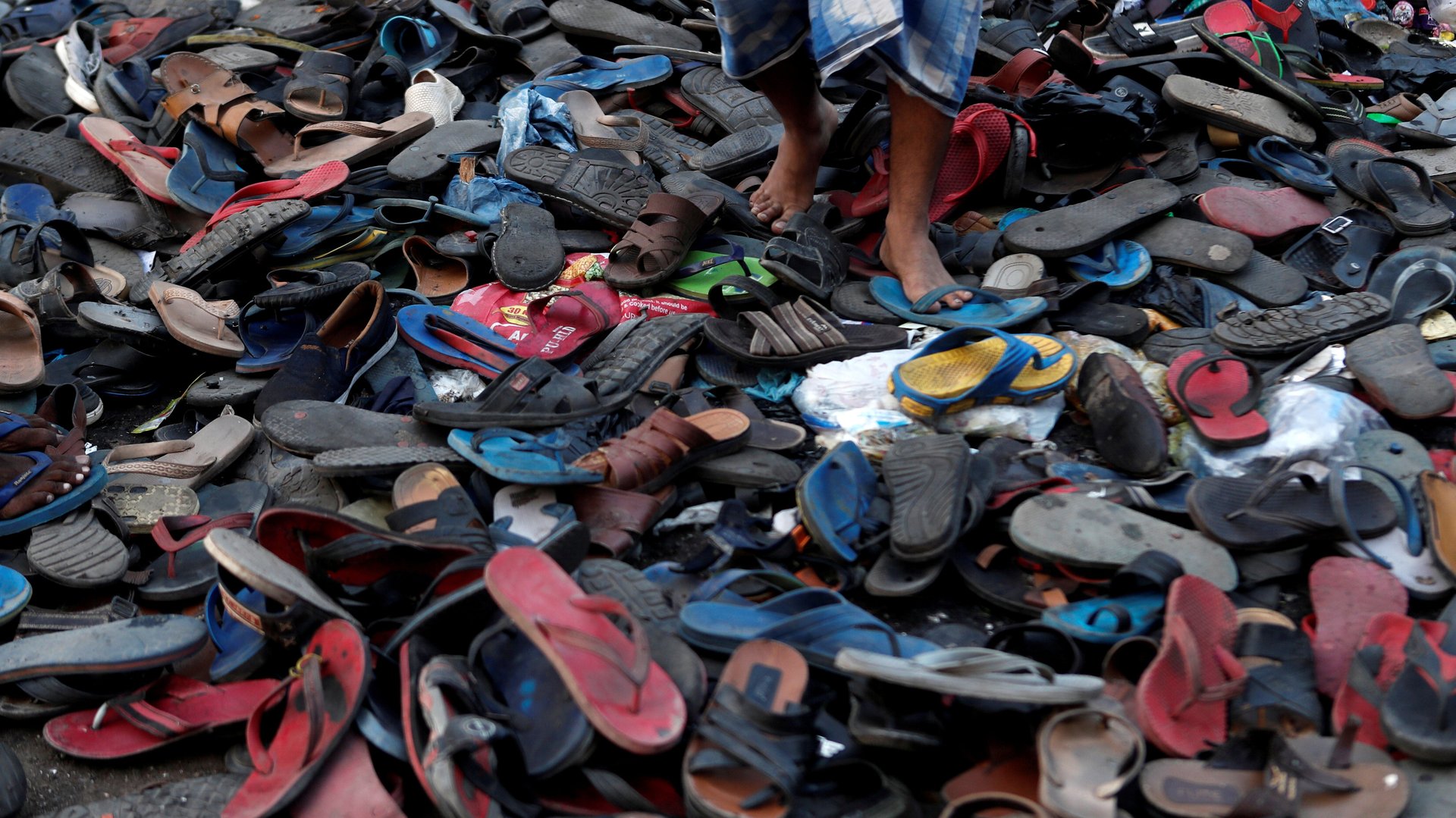
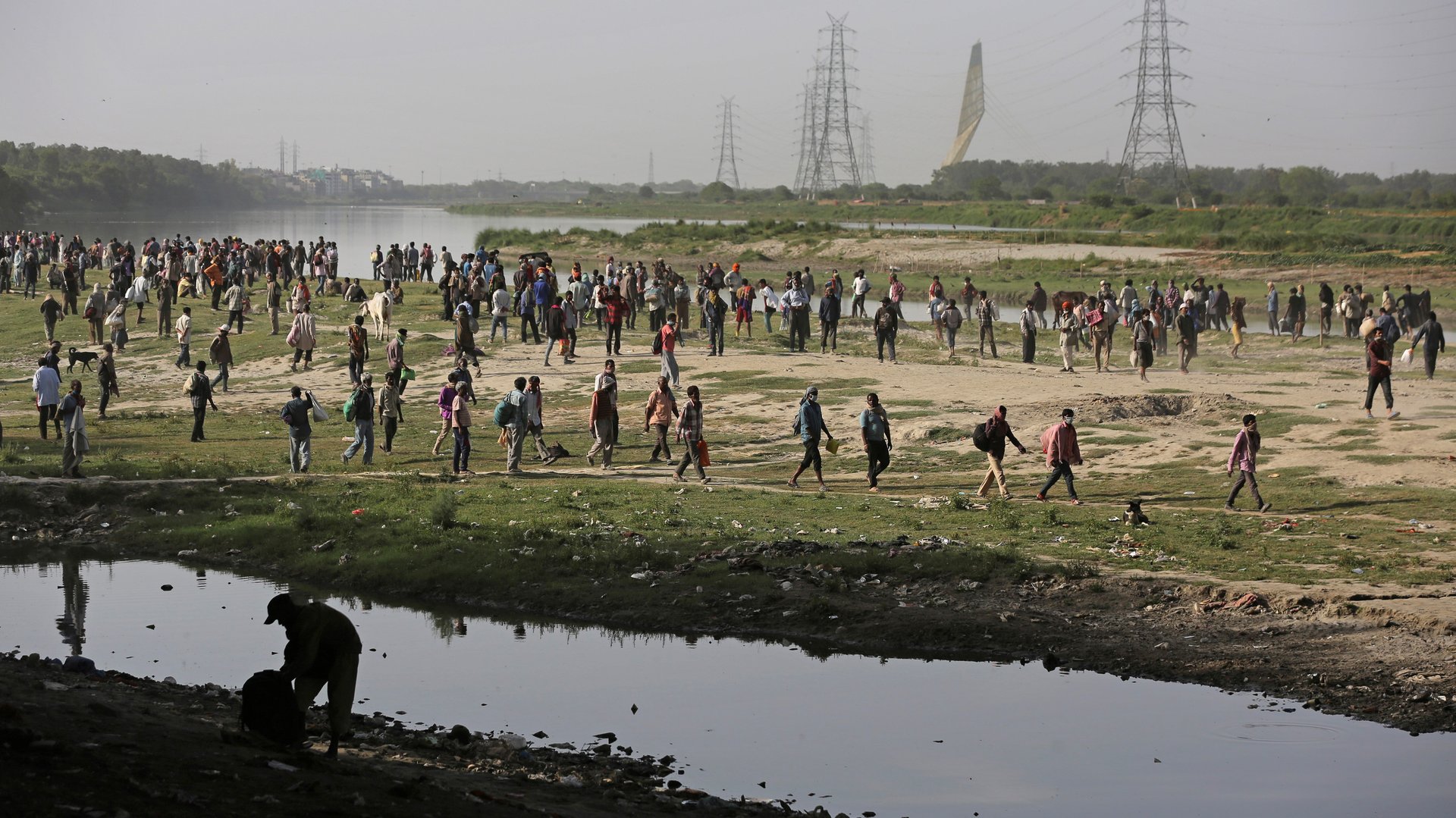

Over 136 million non-agricultural jobs are at risk in the wake of the Covid-19 pandemic, according to estimates released by the National Sample Survey and the Periodic Labour Force Surveys, on March 31. Casual labourers working on rural farmlands and urban centres on construction sites are the worst hit. They have no option but to depend on state for food assistance.
